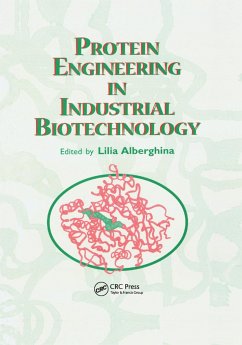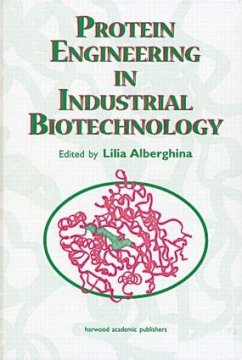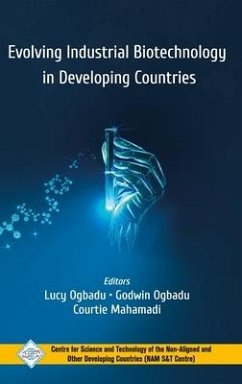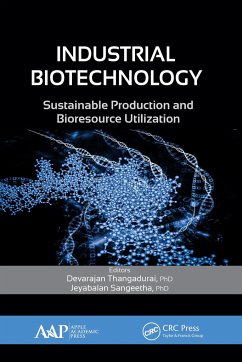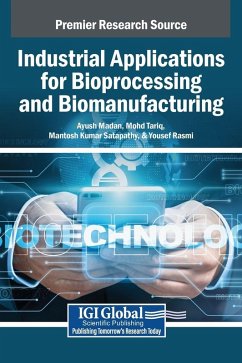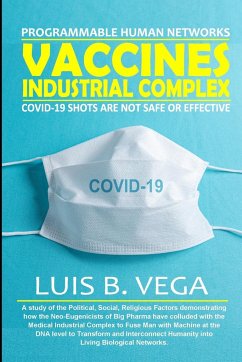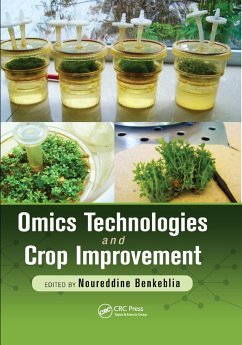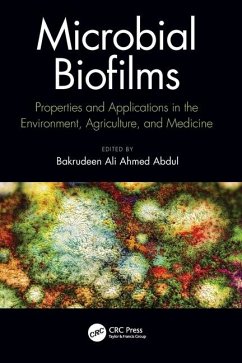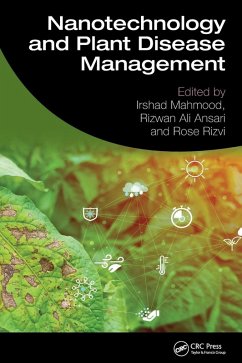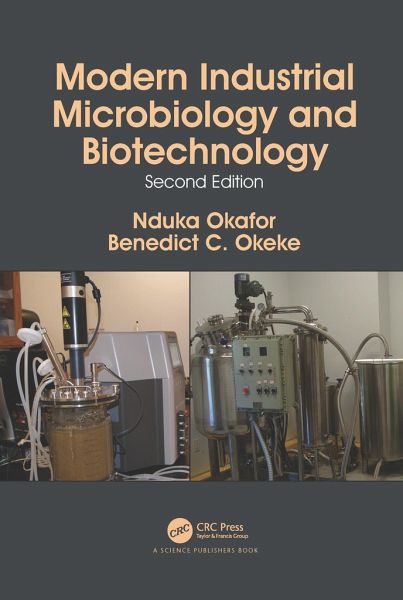
Modern Industrial Microbiology and Biotechnology
Versandkostenfrei!
Versandfertig in 1-2 Wochen

PAYBACK Punkte
30 °P sammeln!




The industrial microbiology field involves thorough knowledge of the microbial physiology behind the processes. Various industrial microbiology applications are covered broadly, emphasizing the physiological and genomic principles behind them. New elements such as bioinformatics, genomics, proteomics, site-directed mutation a
Nduka Okafor holds a bachelor's degree from the University of London, England and a PhD from the University of Cambridge, England. He has taught and/or researched in Australia, Austria, the Netherlands, England and the USA. In the USA he has been at the University of Wisconsin, Madison, WI; Cornell University, Ithaca, NY; Furman University, Greenville, SC; the University of Northern Iowa, Cedar Falls, IA and Clemson University, SC. He has acted as external examiner (graduate and undergraduate) at the University of Zimbabwe, the University of Addis Ababa, Ethiopia, the University of Poona, India and the University of New South Wales, Australia. His books include Modern Industrial Microbiology and Biotechnology (Science Publishers, Enfield, NH, USA), and Environmental Microbiology of Waste and Aquatic Systems (Springer, Dordrecht, the Netherlands). Benedict C. Okeke is a Professor in the Department of Biology, Auburn University at Montgomery (AUM); where he is also a Distinguished Research Professor, Ida Belle Young Endowed Professor, Alumni Professor and the founding Director of the Bioprocessing and Biofuel Research Lab (BBRL). At AUM he received superior performance evaluations in all areas: research, teaching and service. Prof. Okeke received MS and PhD degrees from the University of Strathclyde, Glasgow, Scotland. He currently teaches industrial microbiology, environmental microbiology, special topics in biotechnology, general microbiology, and directed research. He has been an external examiner for numerous PhD students internationally. Professor Okeke did postdoctoral work at the University of California, Riverside; Gifu University, Japan; and the International Center for Genetic Engineering and Biotechnology, Trieste, Italy. He has 60 technical research papers in peer reviewed journals, three US patents, numerous conference abstracts and research grants from different organizations. He served as an Associate Editor for Journal of Environmental Quality and in the editorial board of Applied Biochemistry and Biotechnology. Prof. Okeke is a member of the Society for Industrial Microbiology and Biotechnology, American Society for Microbiology, Phi Kappa Phi, Sigma Xi and the Alabama Academy of Science.
Produktdetails
- Verlag: CRC Press
- 2. Auflage
- Seitenzahl: 488
- Erscheinungstermin: 31. März 2021
- Englisch
- Abmessung: 254mm x 178mm x 26mm
- Gewicht: 909g
- ISBN-13: 9780367781675
- ISBN-10: 0367781670
- Artikelnr.: 61212380
Herstellerkennzeichnung
Libri GmbH
Europaallee 1
36244 Bad Hersfeld
gpsr@libri.de
Für dieses Produkt wurde noch keine Bewertung abgegeben. Wir würden uns sehr freuen, wenn du die erste Bewertung schreibst!
Eine Bewertung schreiben
Eine Bewertung schreiben
Andere Kunden interessierten sich für




